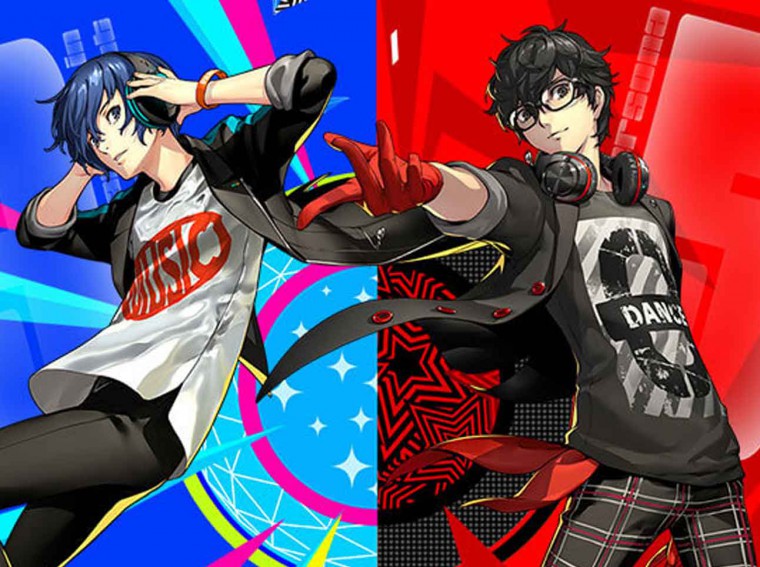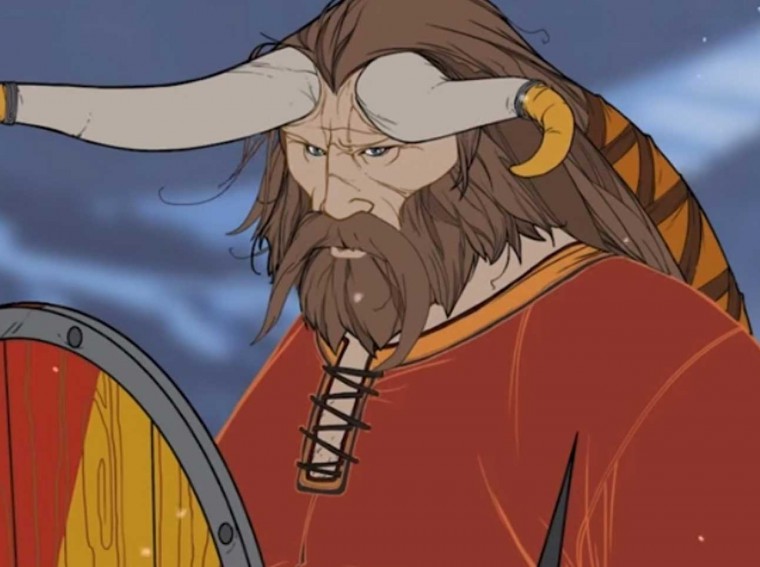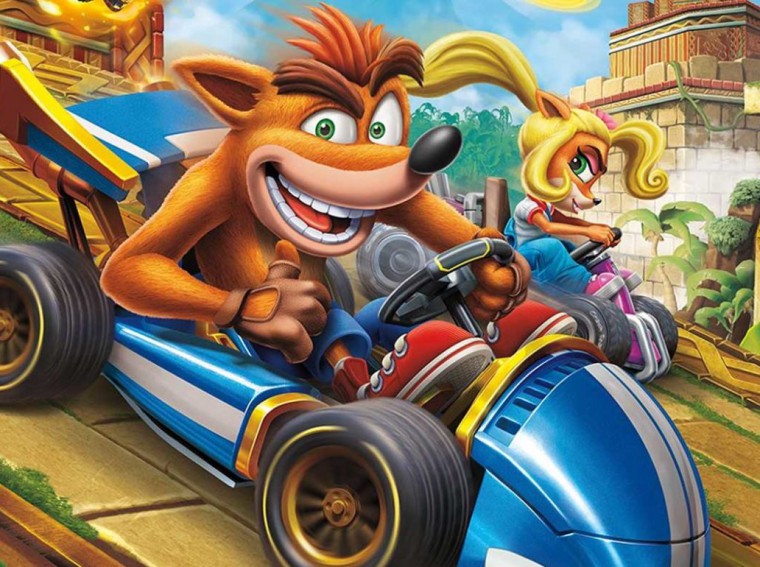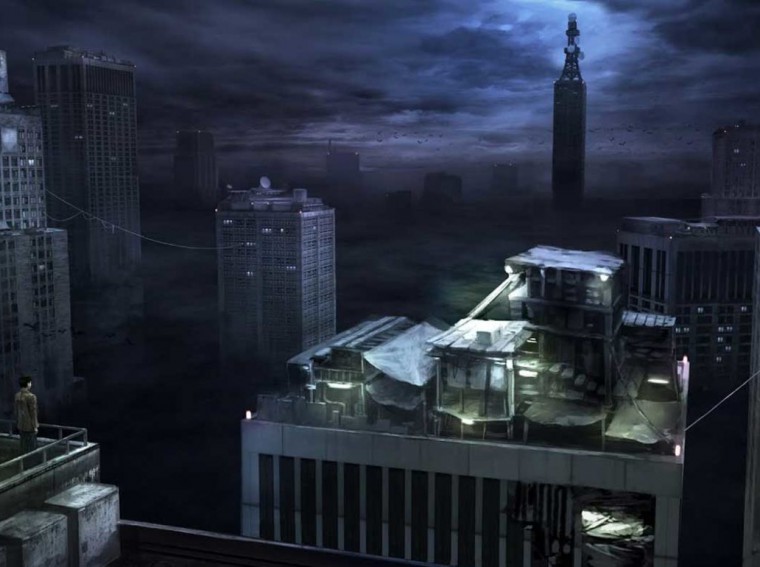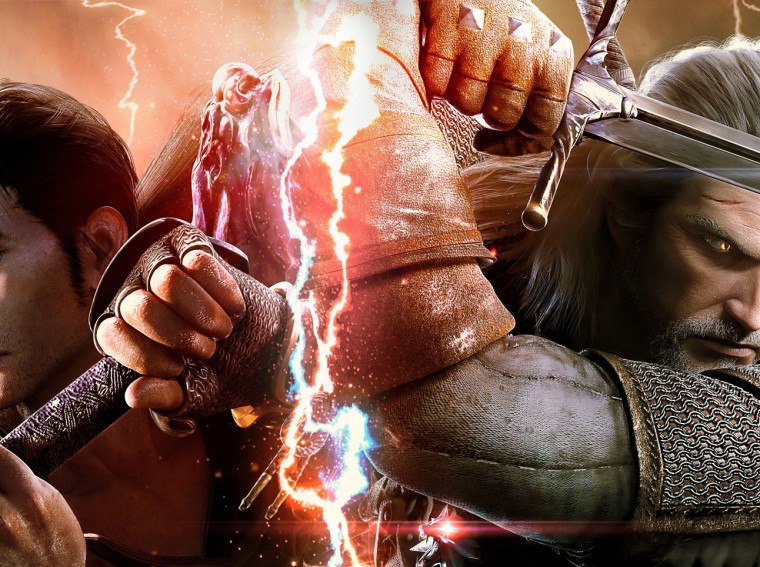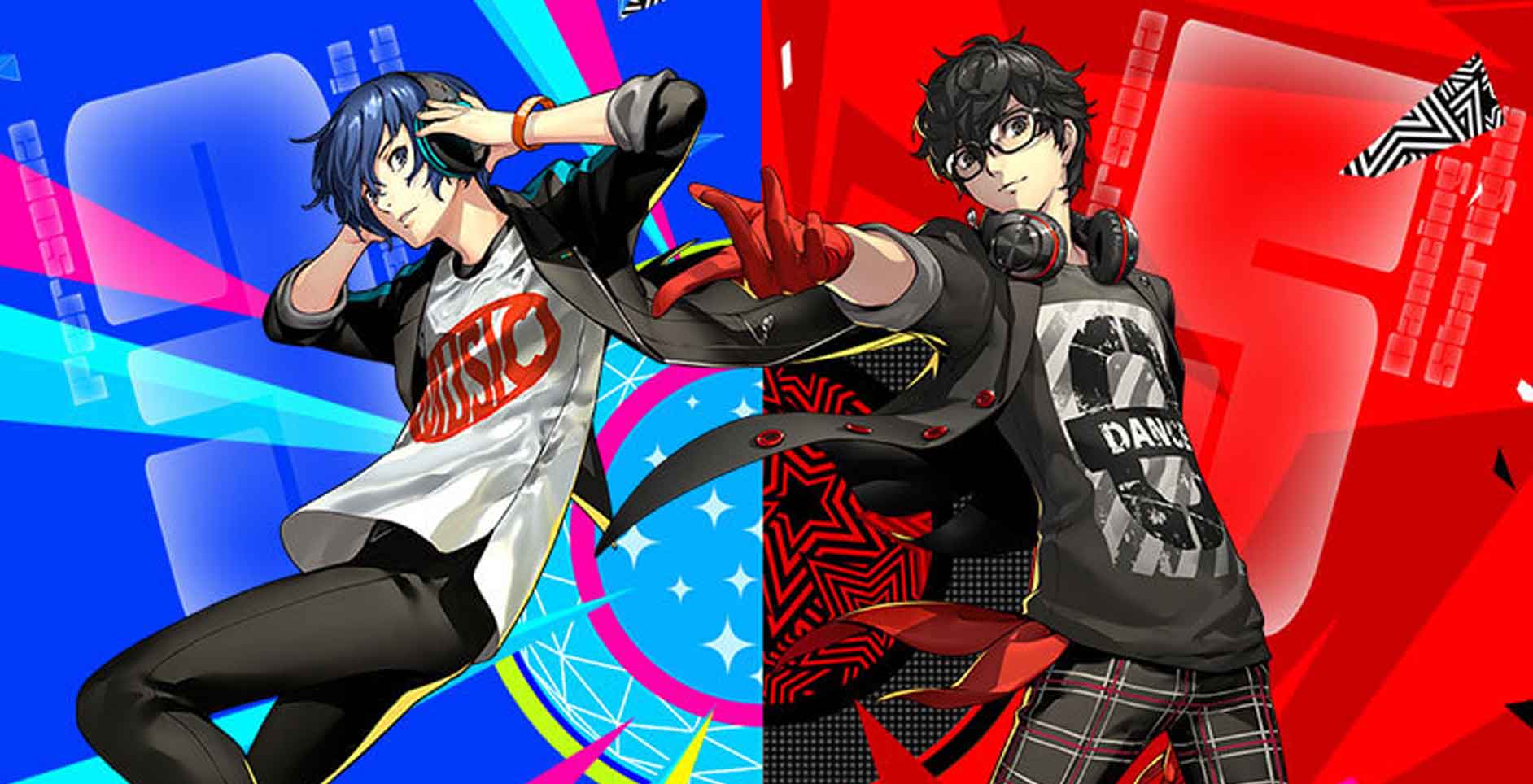
In Personality 4’s dance game, you advanced through a Story setting which while not extremely deep, still lended some gravitas to your development via the game’s tracklist while offering the existing actors an opportunity to engage with a new character as well as her tale arc. These new Identity dance video games don’t attempt anything such as this, rather changing the tale setting with a slim veneer of plot (the intro makes it clear the entire thing is a dream, and also will certainly be neglected when the personalities wake up) and informing this threadbare narrative through ‘Social’ events. These are opened by fulfilling certain requirements generally gameplay (things like a specific number of dazzling ratings in tunes or utilizing a selection of different aesthetic customisation choices on your personalities) as well as existing you with brief character dialogue series not dissimilar to Social Link or Confidant scenes in mainline Identity games – other than that they do not truly have any kind of kind of fascinating narrative arc. I discovered myself wanting to simply skip through message after a while since it felt like utter fluff – and I never do that in Persona video games. These scenes mostly act as progression gates whereby lie unlockable customisations. With no kind of tale orgasm to go with your progression with the video games’ soundtracks, you lose some impact the songs and also dances could have had. In P4D, the last track’s dance felt crucial – a culmination of the tale entailing the whole actors. P3 as well as 5 have a comparable dancing series in their soundtracks, yet they do not have any kind of weight without a storyline to introduce them.
That’s not to state these games aren’t excellent enjoyable, however. If the Identity soundtracks bring you as much delight as they do for me, there’s still some great times to be had in touching along to these songs and overcoming increasingly difficult tracks as you advance via the track listing as well as its various problems. Easy isn’t mind numbingly so as well as would certainly be a reasonable place for a person to start if they didn’t have much experience with rhythm video games. Regular for me brought an occasional challenging series, however was mostly a cruisy means to play via the tracks. Things ramp up quite a bit in Hard, you’ll probably require to practise to wrangle your fingers around the note patterns in some tracks. There’s additionally All Night problem which is opened later on in the game which shakes up some of your assumptions in a way that improves difficulty substantially. I found it a bit excessive, however it exists if you find Hard isn’t rather tough enough.
While I lament the loss of a standalone tale to draw all of it with each other, I can’t refute that Atlus loaded these games to the brim with content. Together with the 25 music tracks per video game you slowly open a substantial quantity of additional stuff that can either transform the way you play or simply let you have some fun tailor-making the look of the dancers. Assistance as well as Difficulty modifiers can do points like automatically striking scratch rings so you can concentrate on the major notes, stop a Great ranked note from breaking a combo or rare notes to give you much less time to strategy or react. Character customisations can be found in the type of awesome, goofy or much more fanservice-y costumes, together with different accessories that can be added to characters. There’s a whole lot below to unlock and also play around with if you’re delighting in the soundtrack sufficient to be playing via anyway.
Your enjoyment of each video games’ soundtrack truly will be the most significant determining variable regarding whether you’ll obtain much out of either of these video games. The Personality dance video games are pure fanservice– something for individuals that liked the music designing of the Identity RPGs and also would certainly like to invest more time with this music in a different gameplay style – I simply want the plan all at once really felt more natural.


